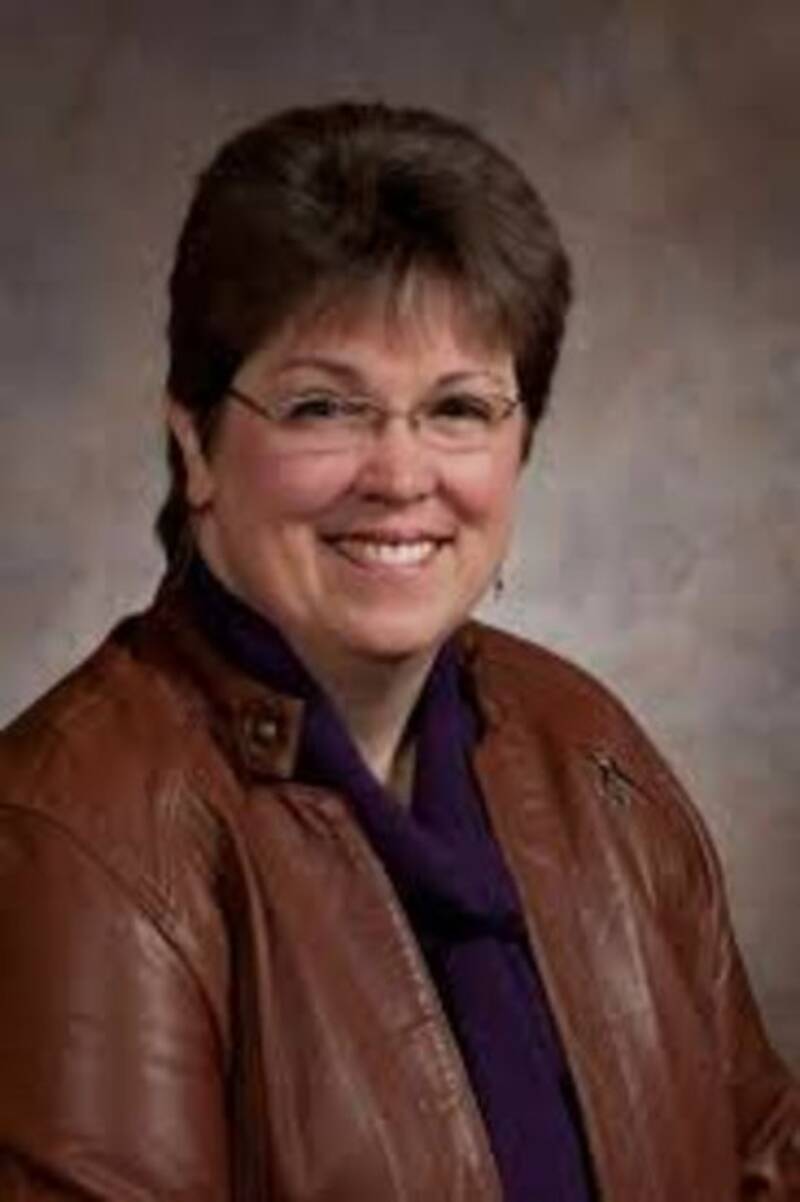“Many people with disabilities depend on public programs so they can stay healthy and live, work and participate in the community,” Jason Endres wrote to me in favor of a bill I recently introduced.
My bill, Senate Bill 870, would create a Public Assistance Advisory Committee. I drafted this legislation in response to Special Session bills recently passed by the Legislature that modified public assistance programs.
People with disabilities, as well as those living in poverty, rely on key public assistance programs, such as FoodShare, Medicaid and public housing. It is important for those using the programs to have a voice at the table when legislation to change these essential programs is considered.
Jason and his wife Julie Endres traveled to the Capitol to join other citizen lobbyists participating in Disability Advocacy Day. They came to raise awareness about the critical programs designed to help those who live with disabilities.
In recent years, upwards of 800 folks, their caregivers, families and friends came to the Capitol in an effort to stop the Governor’s plan to put the IRIS (Include, Respect, I Self-Direct) program under the administration of a single large for-profit insurance company. IRIS assists disabled persons in self-directing the services they need. Ultimately, these citizen lobbyists successfully fought to maintain administration of IRIS through a state/non-profit partnership.
People shared their personal stories about how state programs fund critical assistance, such as personal care workers. These people are angels on earth who make a big difference in the lives of our disabled neighbors and their family members. The personal care workers had not received a wage increase since 2008. Even then, they only received a one-and-one-half percent increase. Personal care workers make around nine or ten dollars an hour according to the Wisconsin Personal Services Association.
The package of Special Session bills also makes changes in eligibility for basic assistance, including Medicaid and Foodshare. People could be required to sell their home, small business or their cows to obtain temporary help when they hit hard times. Physically disabled persons would be required to sell their wheel-chair adaptive van if the value is greater than $10,000.
These new rules worried Jason and his wife Julie. “When changes to these programs occur, we need to be at the table as stakeholders to explain how we use the programs and how even small changes often can result in unintended consequences that really impact us,” wrote Jason.
At the public hearing on the Special Session bills, the advocacy group Survival Coalition testified, “there are not consistent exemptions for people with disabilities across the legislative package and no clear public input process.” The Coalition went on to explain that people with disabilities as well as caregivers, have difficulty getting special exemptions under current requirements.
During the hearing, we heard many people testify about how the bills could leave more folks without needed food or health care. The bills could hurt farmers struggling with low commodity prices, young parents who need healthcare, small business owners who hit hard times and those with “invisible disabilities” like autism spectrum disorders.
Many advocates, who work with those facing difficult hurdles, testified that they were not provided any opportunity for input as the Special Session bills were crafted. New administrative red tape for the poor and disabled will mean more people falling through the cracks.
The Special Session bills include provisions that are currently not allowed under federal law. This means the Walker Administration will be required to seek a “waiver” – which is special permission from the federal government to implement the new law.
My bill would bring this waiver writing out of the dark. It would allow those affected by changes to essential public assistance programs to have a seat at the table while new details on the programs are created. Senate Bill 870 would also require input from policy experts at the UW.
Too often research is not a part of the public policy process. The work of the Population Health Institute and the Wisconsin Institute for Research on Poverty is internationally recognized. We need the expertise of these social scientists at the table when crafting policy related to assistance for those who most need our help.


Add new comment